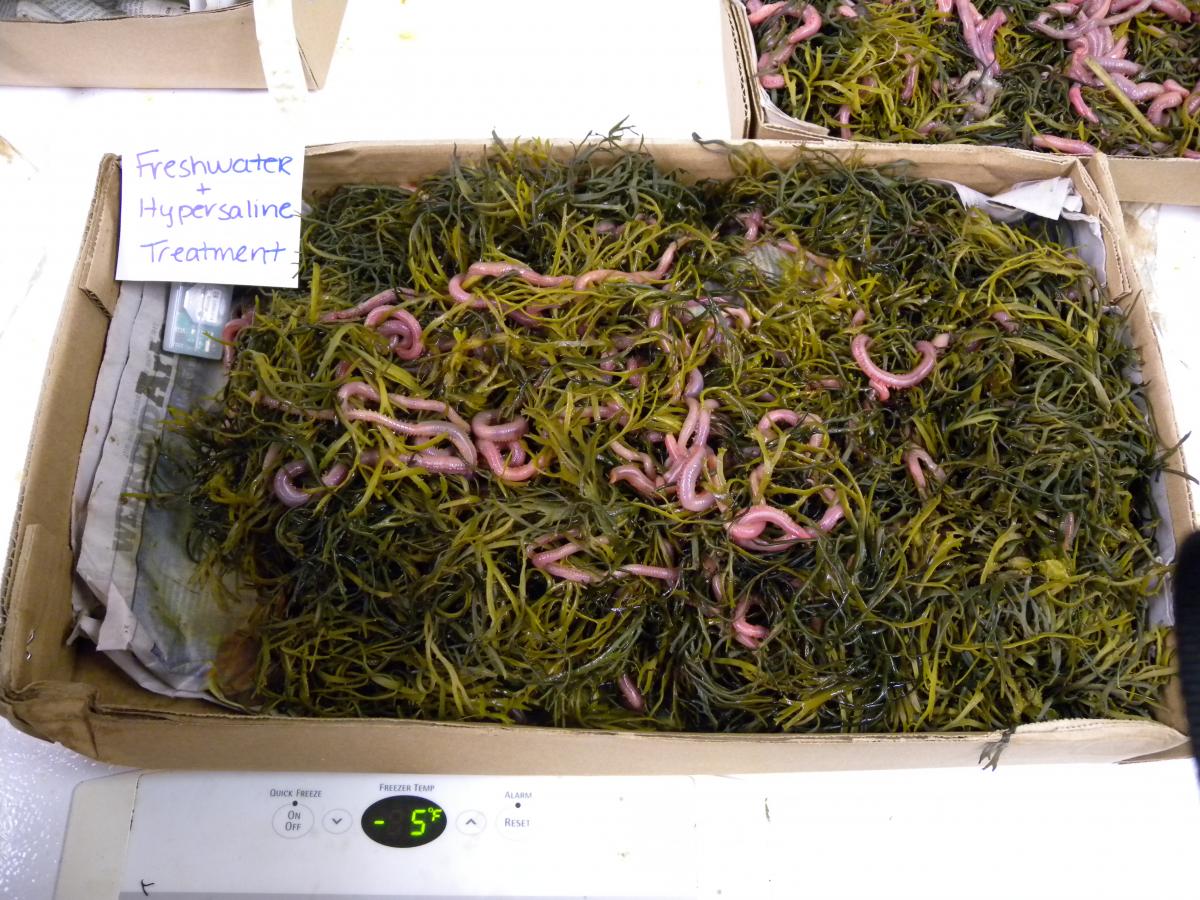by Joe Dawson
Nothing seems to draw people outside like a beautiful summer weekend. A rain-free Saturday could mean taking the boat out on the water for some fishing or a family camping trip. Conservationists have found, however, that many summer activities carry the risk of spreading invasive species. A species gets the name “invasive” if it is not native to a location and causes environmental and economic damage. Here are five popular activities that can spread invaders–and tips for enjoying them safely:

Fishing
Problem: Bait Algae
Live fishing bait itself isn’t a problem. Nobody is too worried about bait worms wriggling off hooks and taking over watering holes. However, store-bought bait can come from hundreds of miles away. Many bait worms come from New England, where they’re packed in “wormweed,” algae that keep them moist and alive for journeys on refrigerated trucks and shipped express all over the U.S. The same wormweed also harbors small creatures like juvenile shellfish, crabs, snails, and other worms that can invade new ecosystems. Wormweed can transfer mating-age adults and pregnant females, which may be especially bad for invasions. Compared to the issue of ballast water in commercial shipping, shipping worms in algae is a small industry.
“Although this vector is relatively small compared with ballast water and hull fouling of ships, it is potent because the goal is to get baitworms to a destination in good shape,” says Whitman Miller, a marine scientist at the Smithsonian Environmental Research Center who has researched the potential of bait to transfer invasive species. When SERC scientists studied samples of wormweed, they found over 150 kinds of organisms, including known invaders. The wormweed packaging looks harmless enough to most anglers, so they often throw it overboard when finished with a package of worms—and unwittingly throw in potential invaders as well.
Solution: Can It
If you use store-bought baitworms preserved in wormweed for fishing, throw the unused bait and algae away in a trash can. Companies who package and ship worms could help prevent invasive species transfer by either changing packaging material or treating wormweed before they ship the worms. SERC scientists have tested a manufacturing solution to the problem, dipping the wormweed in tap water before shipping, and found that the dip eliminated 93 percent of hitchhiking species, without hurting the survival of the bait worms.
